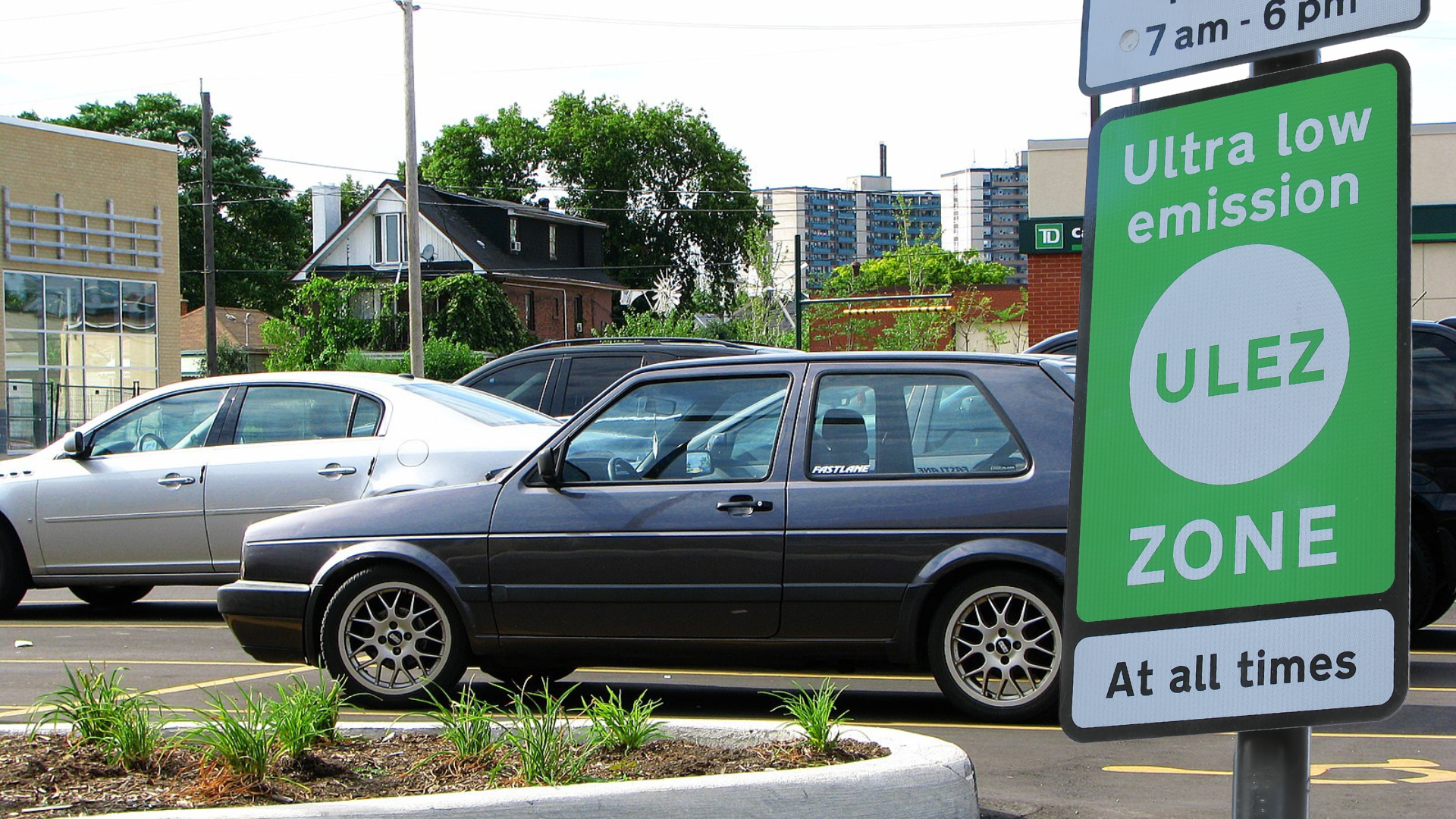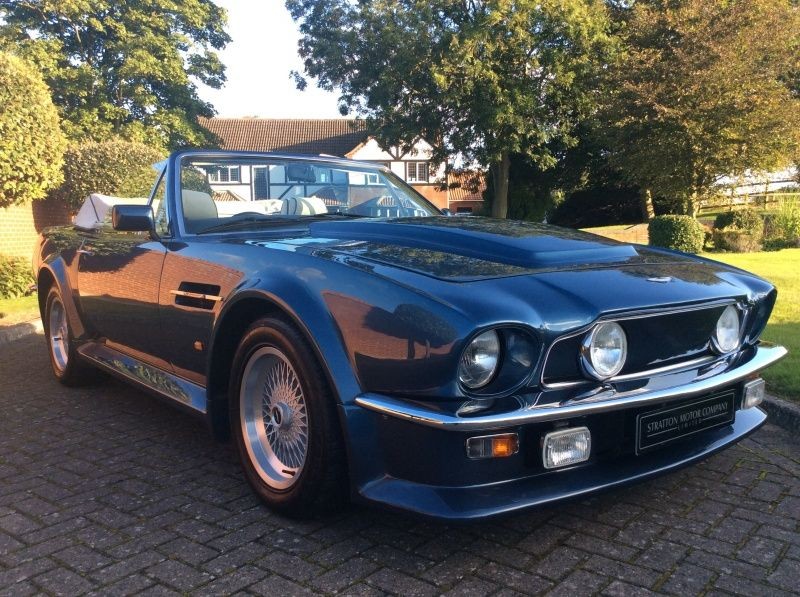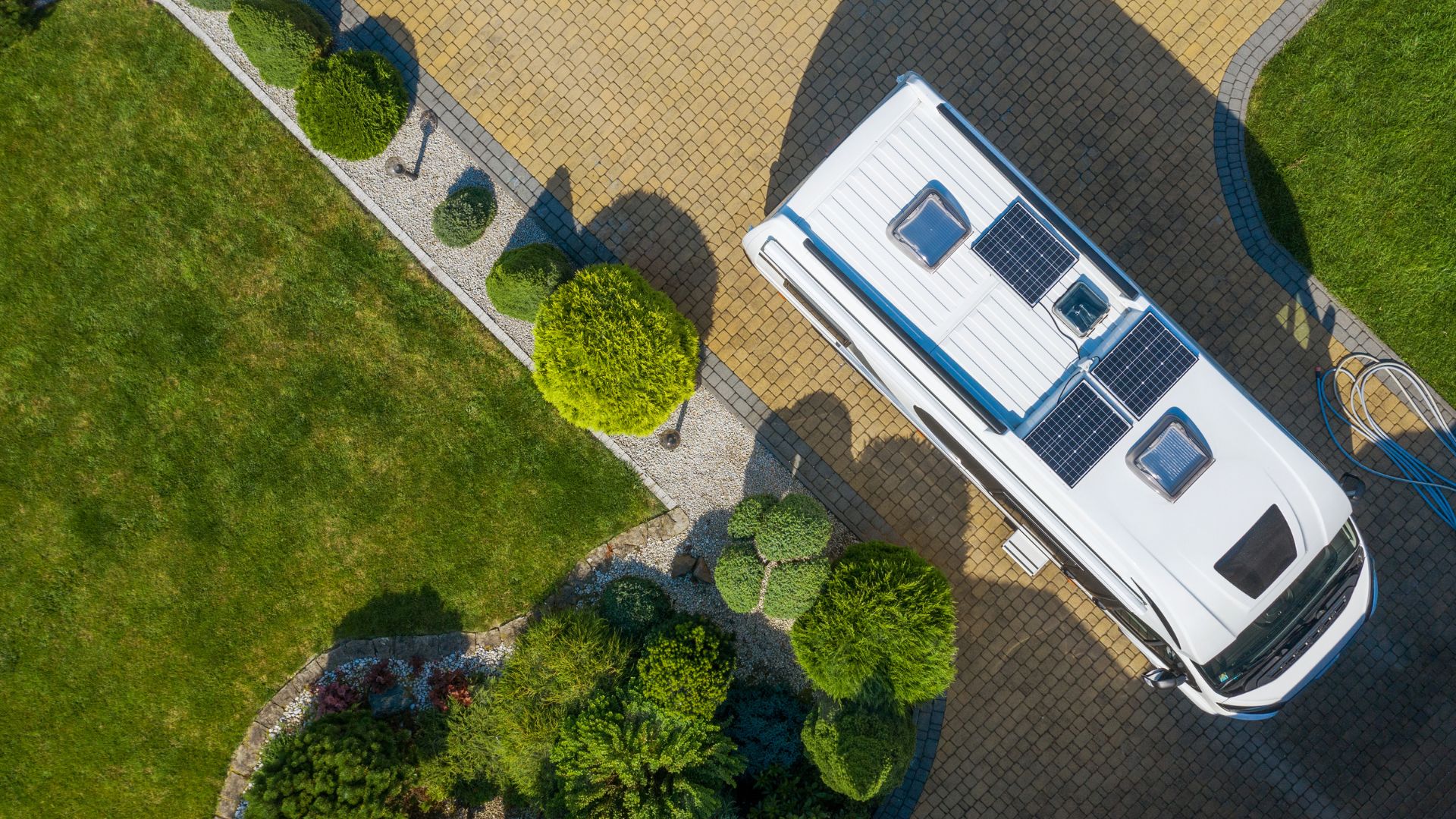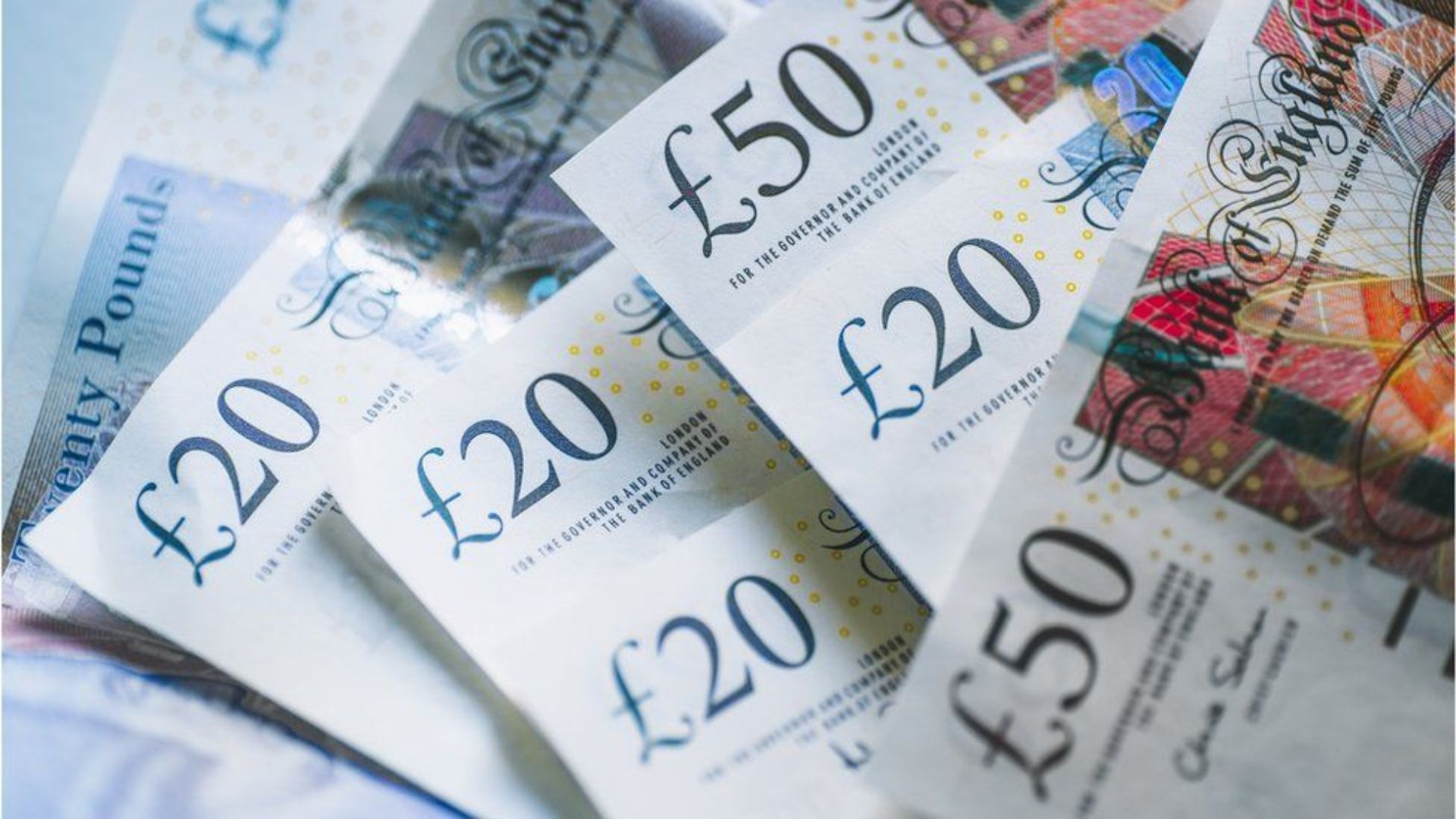Another Brexit effect has come to light which is yet another blow to classic car enthusiasts who are finding their passion becoming ever more expensive. It appears that cars imported from Europe are likely to incur a 30% tax after December 31st. This will consist of a 20% VAT charge and 10% Duty. This means any vehicles arriving from the Continent could be considerably more expensive in a matter of mere weeks.
This tax is in line with imports from the rest of the world which already incur this tax. Currently, vehicles and motorcycles imported from Europe have these taxes waived as we are part of the EU. Still, unless a deal is reached, which is looking increasingly unlikely, taxes will become standard on many imported goods.
Another Brexit effect will see delays, meaning It is also expected that dealers importing vehicles will have their supply chains disrupted from January, having been warned to expect delays.
It has been a reasonably straightforward process to import vehicles from Europe until now, meaning the free flow of historical vehicles both ways. Vehicles of historical interest may be exempt from duty and only incur a 5% VAT rate, but exemptions won’t be simple to come by.
Colin Laidlaw, Director of VAT at Kreston Reeves said: “Vehicles that HMRC consider to be of historical interest may qualify for a reduced rate of VAT of just five per cent and a nil-rate duty but comes with tough criteria to meet.
“A vehicle must be over 30 years old, be in its original state, no longer in production, and, importantly, have what HMRC calls the ‘requisite characteristics for inclusion in a collection’.
“HMRC defines this as meaning being relatively rare and used outside of its normal purpose.
“Vehicles that are involved in motor racing, built for competition and having achieved sporting success qualify.”
This exemption has been through the court process in the past, and it’s unlikely that everyday classics bought from Europe and imported into the UK will qualify for this exemption.
These taxes will only be incurred by vehicles being imported to the UK after December 31st if no deal is reached. Any cars already imported before this date are safe and will not be hit with VAT, and duty bills come next year.
Should this be the new rule, many classic car enthusiasts will be disappointed and, it will likely lead to most looking to purchase existing UK based vehicles. Used car stock within the UK won’t be affected by Brexit as the vehicles are already paid for, but new cars may also become more expensive come from next year.







Leave A Comment